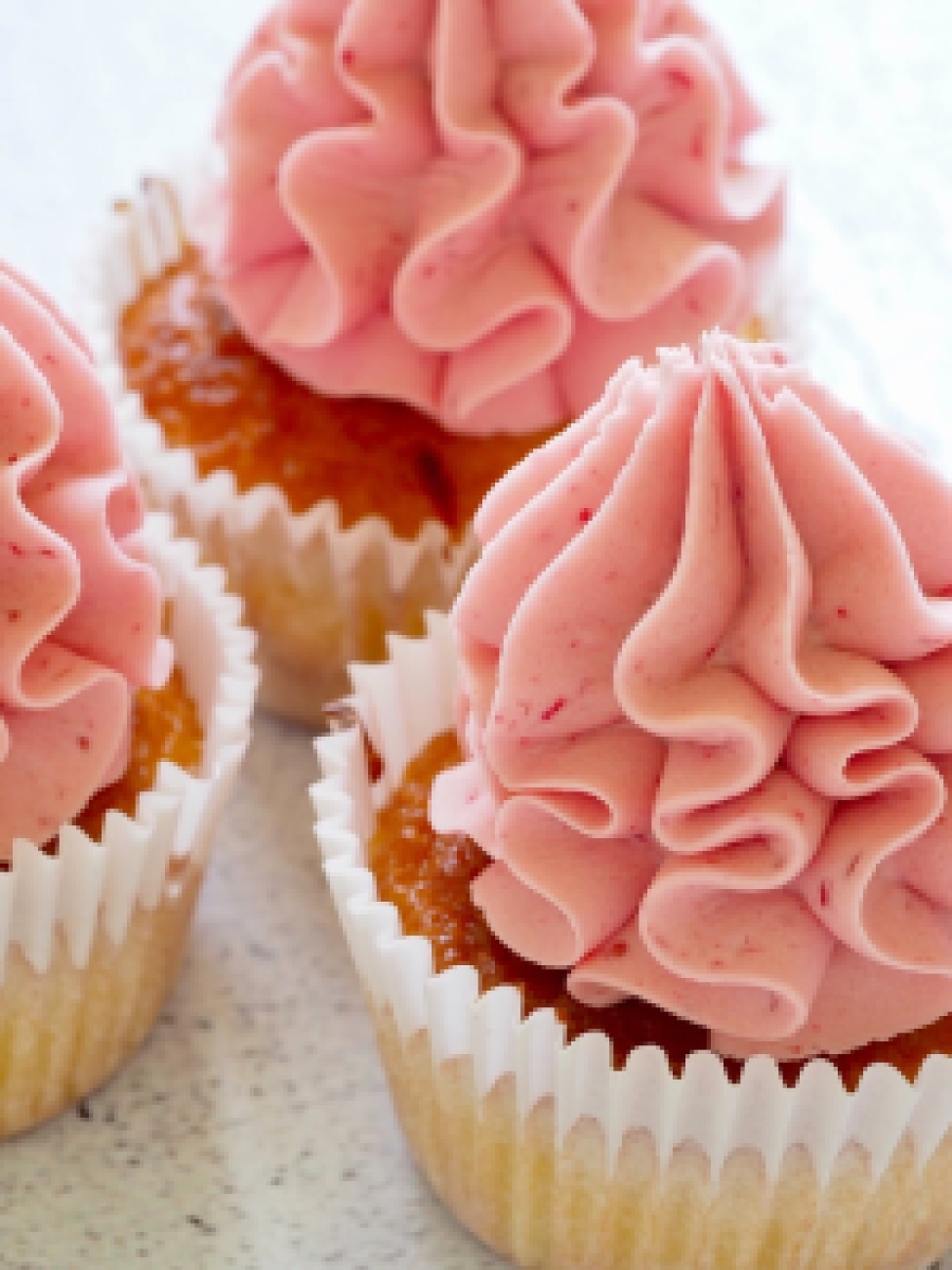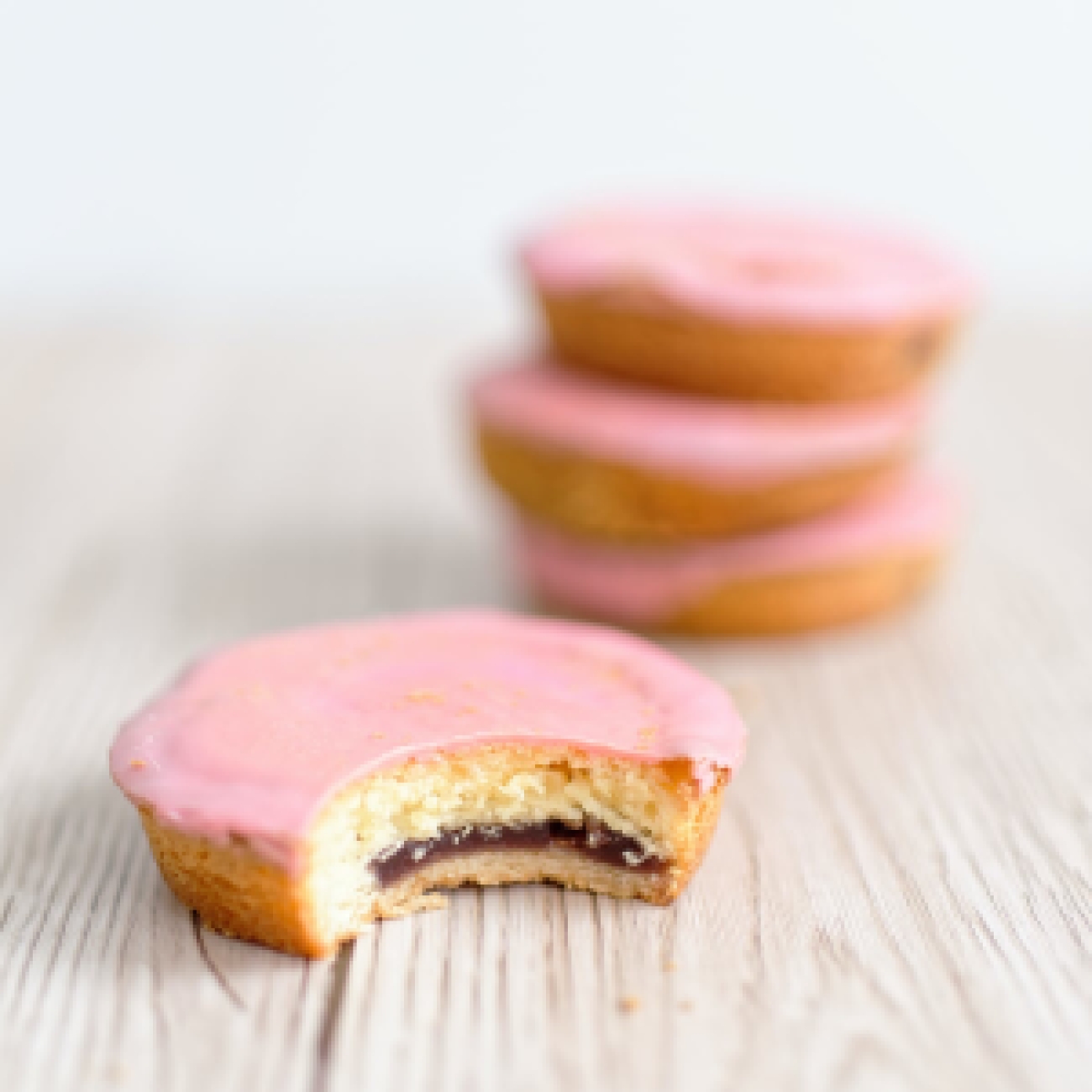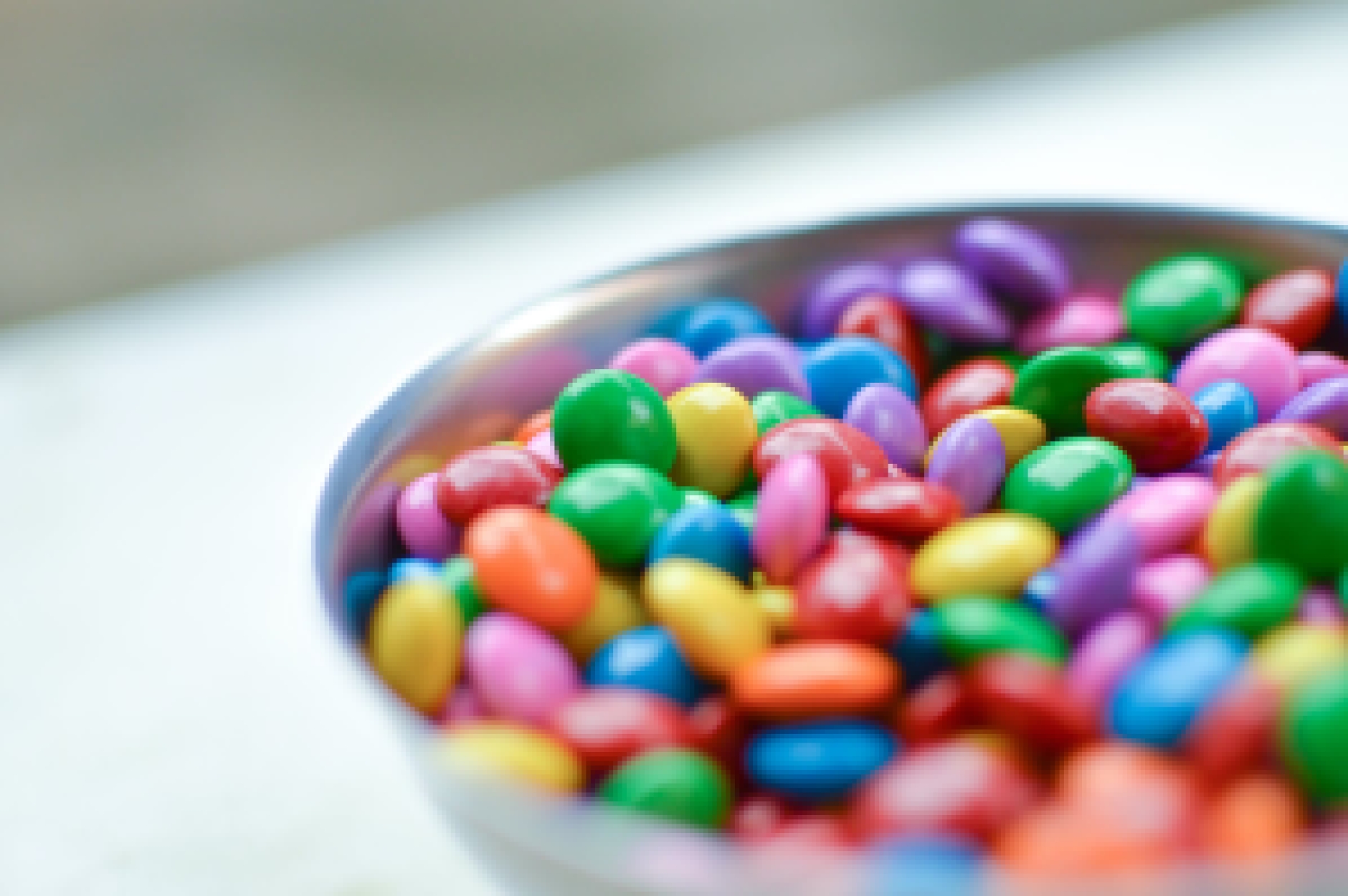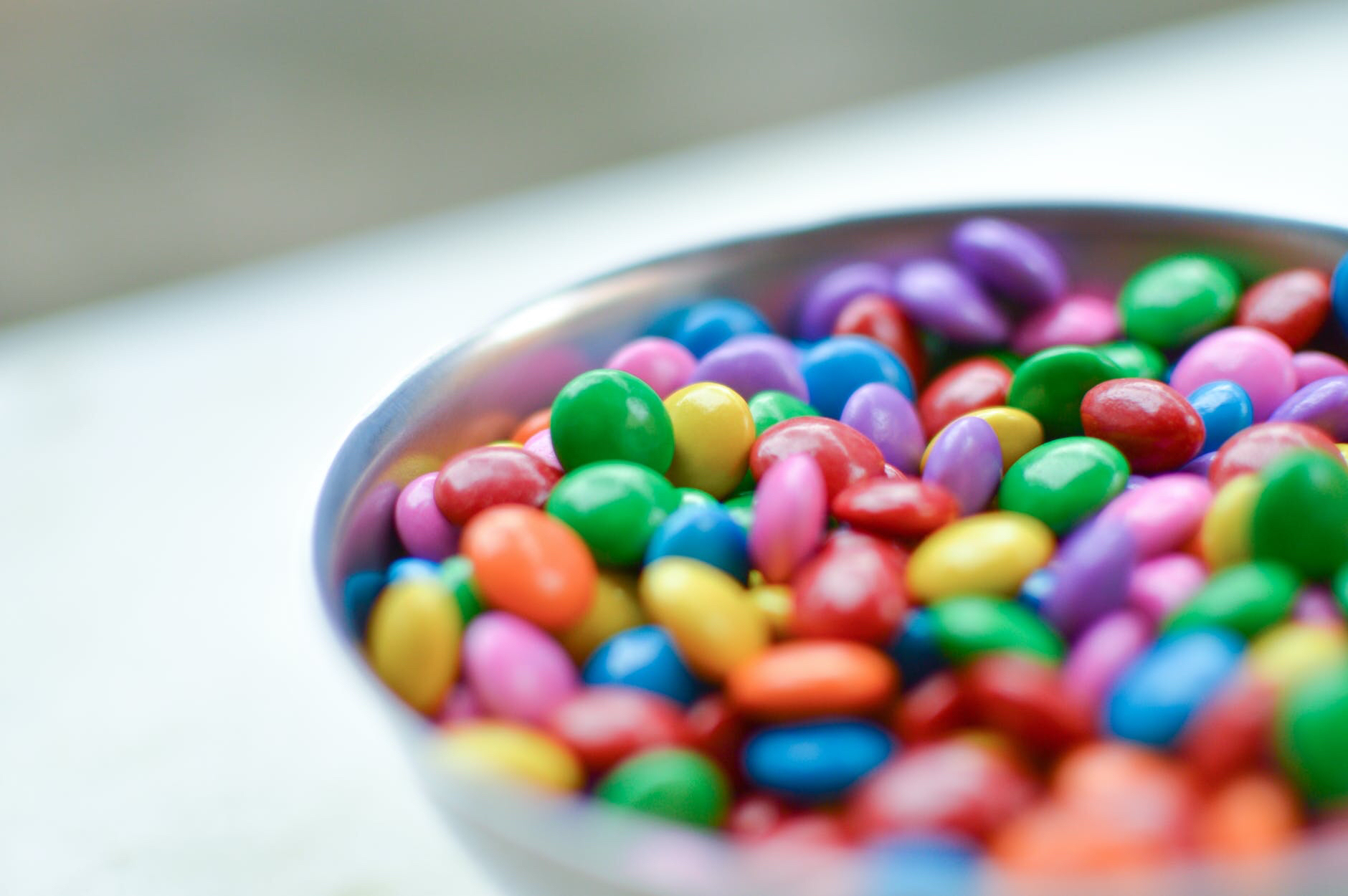This week, Richard Osman opened up about what he referred to as food addiction, and it got me thinking: am I a sugar addict?

There have been times is my life when I’ve wondered if I’m addicted to sugar. Pretty much every binge I’ve ever had contained at least a sweet component, anything from cereal or bread and jam to cakes, chocolate and ice cream. And there are so many “experts” who claim that sugar addiction is real.
The thing is, I followed the conventional advice and tried to “detox” time and time again, and yet I still craved, still binged, still hated and punished myself for my inability to control myself around sweet foods. Even after diagnosis and treatment for Binge Eating Disorder, I still didn’t feel safe around sugar. I continued to binge on sweet foods.
By this point I had finally managed to give up smoking, and I had been a heavy and committed smoker for a very long time. The addictive properties of nicotine are well documented. Yet in a matter of weeks, the cigarette cravings paled into insignificance compared to the all-consuming need to binge on sweet foods.
I went online looking for a solution, and this is where I first saw the term intuitive eating. I learned more about the concept of restriction causing cravings, and finally things started to make sense.
I had been inadvertently taught that sugar was bad from an early age. I remembered my mother telling me how she’d been annoyed at my Nan for putting sugar in my tea. And at my granddad for sending me home with bags of treats.

Don’t get me wrong, we had sweet food at home. But there were comments if I tried to eat too much. And then there was the pre-Christmas diet. Of course, I didn’t really know back then that money was tight and my mother was trying to stretch it further. So I internalised a different message.
And yet some of my fondest memories of childhood involved sweet food. Baking with my mother on weekends. Her teaching me to make pastry and cakes. Going to the sweet shop with my granddad and being allowed an ice-cream cone to eat on the way back. My great aunt’s home baked cherry cakes when she looked after us in the school holidays.
Sugar became a source of comfort, yet forbidden. It made me feel good, yet bad. And it became wrapped up in those emotions and more as my bingeing took hold.
But was I addicted? I haven’t been able to find anything conclusive to indicate that sugar is physically addictive in the same way that nicotine and opiates are. And when I look at the physical impact of bingeing, it wasn’t about a “sugar high” for me. I didn’t want to feel anything. I was trying to stuff down my emotions. And usually after a binge I felt awful, in physical pain and full of self-loathing.
But there is a seductive power in the forbidden. Human beings have always wanted what they are told they can’t have. Countless legends have been built around it. Wars have been waged over it. And society is very clear that sugar is bad for you and should be restricted, if not avoided altogether. So it makes sense that’s what I wanted. Savoury food never held that same power over me because that was “allowed”.

And this is why I think that intuitive eating is the key to full recovery for me. It is the only thing I have ever tried that has loosened sugar’s grip on me. It is a long and very gradual process, but I am reaching the point where snacks are left in the cupboard, where I can open a packet of biscuits without finishing them, where I am discovering that there are some sweet foods I don’t even like very much.
It is by removing its power that I am healing, not through detox. By allowing sugar unconditionally, not through abstinence. And there is an increasing body of research in support of this.
So am I addicted to sugar? No, I don’t think so. But I have definitely felt like I was at times. And so I am not discounting food addiction as a concept entirely. And I am all for everyone expressing themselves and their difficulties in the way that they feel best describes them.
Richard Osman has done a brave and wonderful thing in sharing a little of his story this week, and
